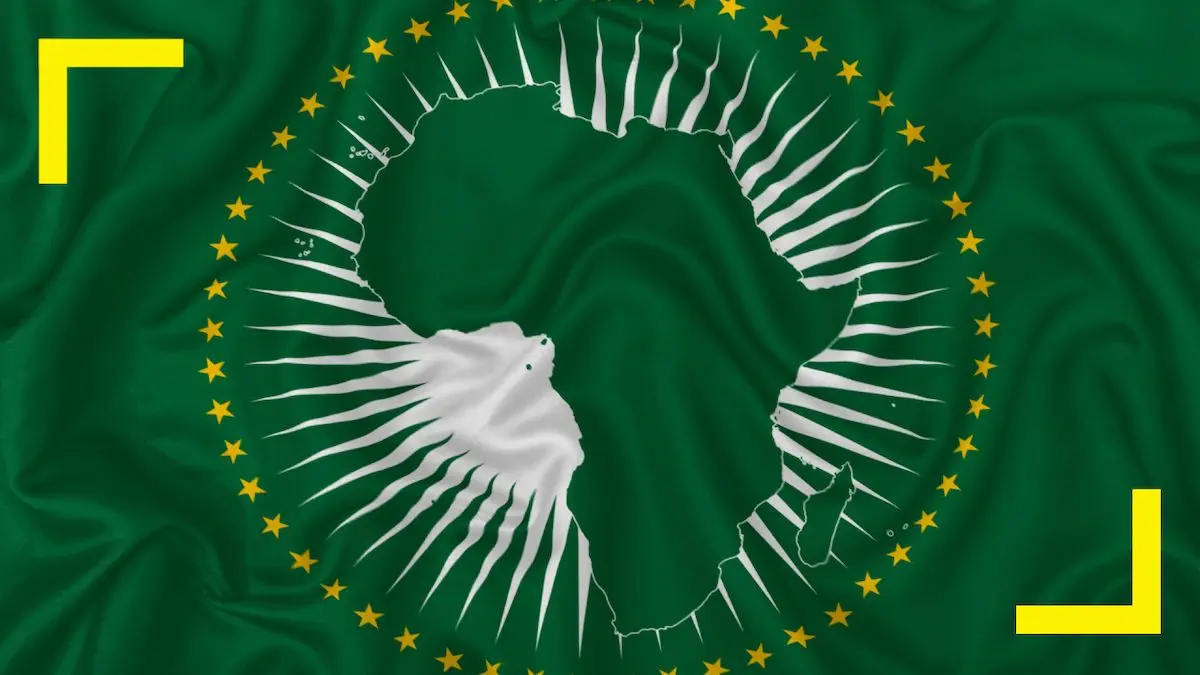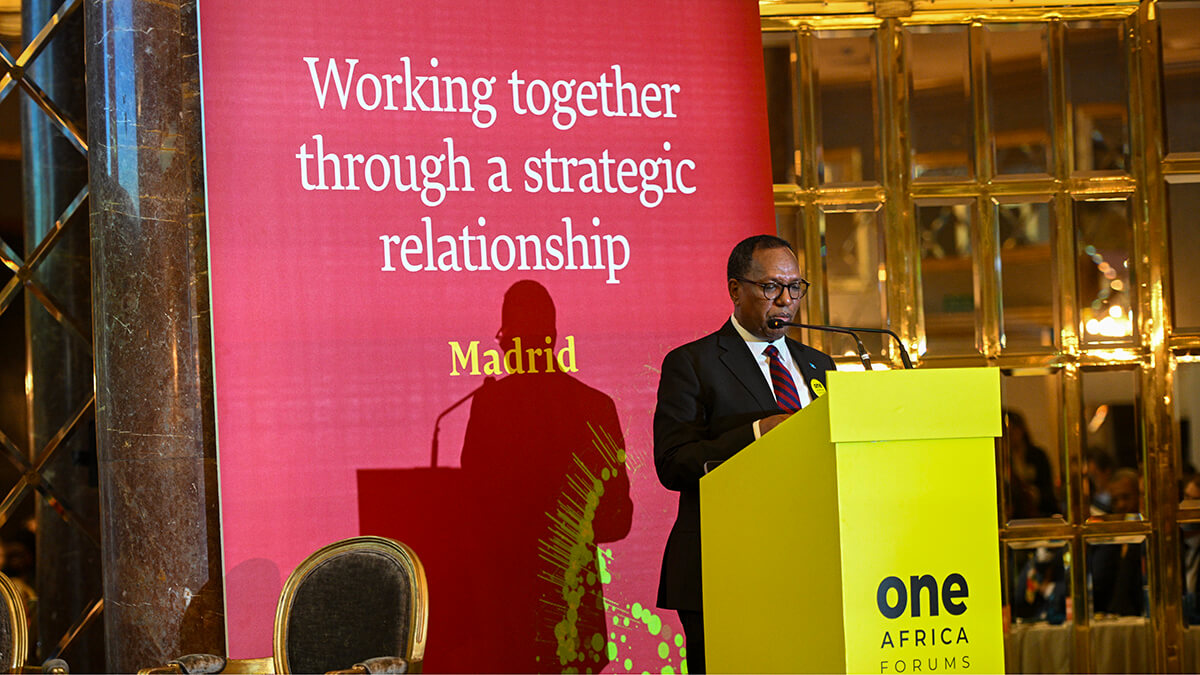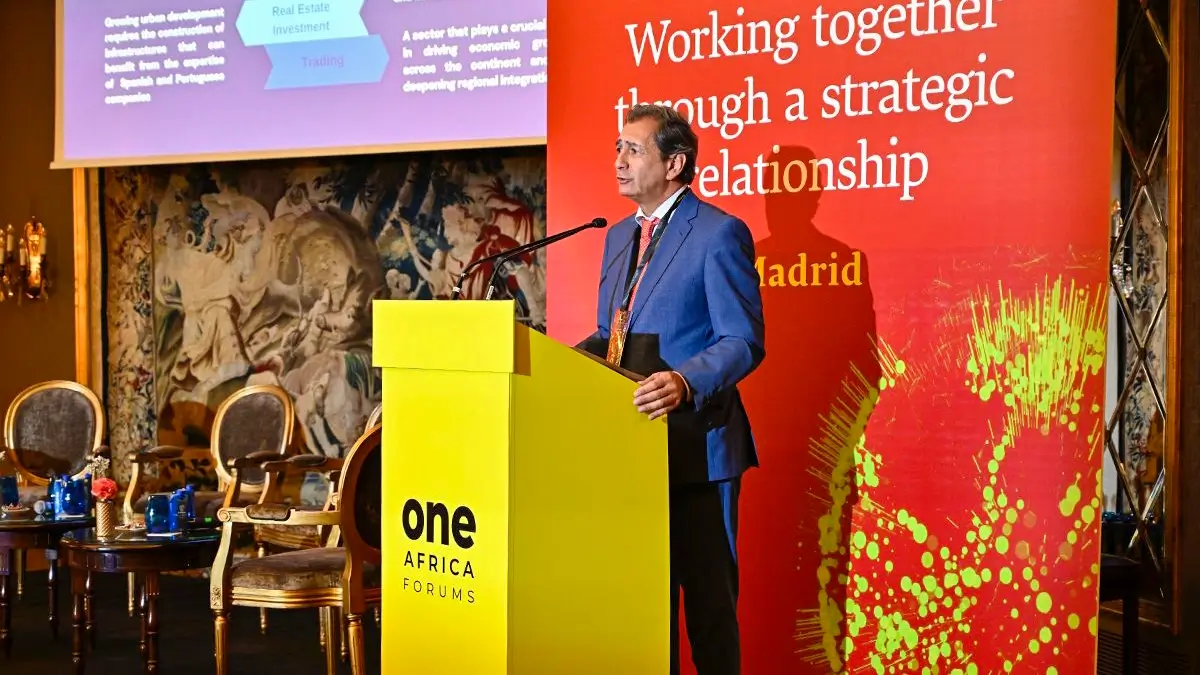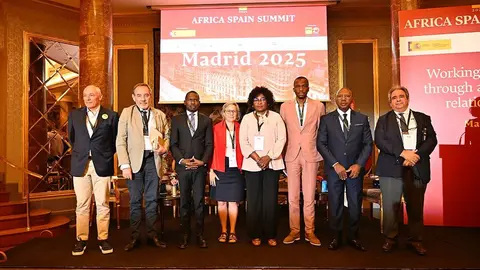From the resource economy to the value-added economy: is Africa facing its paradoxes?

In Development Economics, by Malcolm Gillis and Dwights Perkins, growth is divided into two groups: countries that derive their growth from natural resources and others that derive it from so-called modern economic growth driven by industrialisation.
These two doctrines, from all perspectives of our so-called modern economies, change the way we perceive development. We have often been told that Africa is rich. Rich in its soil, rich in its subsoil, rich in its youth. A land full of promise, full of resources, full of potential. But if we look closely, this proclaimed wealth is worthless.
Because what good is oil if you import petrol? What good is being the world's leading producer of cocoa if you never produce a bar of chocolate? Decades of export-led growth are beginning to show their limits. Above all, in an ultra-competitive global economy, it creates dependency rather than local dynamism. It enriches external actors and leaves producers at the mercy of international prices. So the question is no longer whether Africa should change its model. The only real question is: when will we move to a value-added economy?

The commodity cycle: a trap for development
For 60 years, the continent has been integrated into the global economy through the narrow door of natural resources. We extract, we export, we wait for indirect benefits. But the figures are stubborn. GDP is growing, but industrial transformation remains marginal. Employment remains informal. Taxation remains low. Technological dependence is worsening. The trap is threefold.
Firstly, economic: raw material exports create neither mass employment nor lasting value. Finally, strategic: it makes Africa a weak link in global value chains. Our premise is not to deny resources. It is to make them part of a productive ecosystem. To turn Guinean bauxite into an aluminium industry. Burkinabe cotton into a textile industry. Congolese cobalt into technological sovereignty.
Create value here!
Transforming locally is much more than a common sense choice. It is a declaration of sovereignty. It means deciding that the wealth created by our raw materials must be channelled back into our regions, our businesses and our universities. It means investing in human capital, in innovation, in upgrading.
This implies some major changes: a proactive industrial policy, smart tax incentives, massive support for local SMEs, and educational reform geared towards the professions of tomorrow. And above all, a clear political will to support local production rather than subsidised imports, and to invest in local talent rather than looking for foreign saviours. Creating value locally means affirming that we are not condemned to sell raw materials like our grandparents, but that we are capable of producing, designing and exporting in a different way.

What development strategy?
Library shelves are full of studies showing how a nation can develop by increasing its savings and investment, or by stepping up its export efforts. Another school of thought suggests that development can be achieved by recycling existing elites, emphasising central planning... What if development and growth were primarily a question of doctrine?
If we look at countries such as South Korea and Thailand, compared to certain African countries, these countries have been able to chart a vision for development. They have managed to move from growth based on natural resources to economic growth based on technology. Africa seems to remain trapped in this extractive economy. After 60 years of searching for a model, is Africa asking the right questions?










